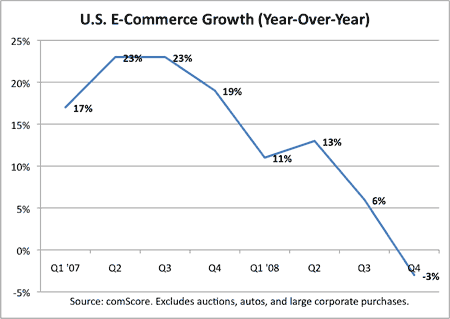Forget about markets collapsing intelligence agencies are saying governments could collapse
Comments »WASHINGTON – The economic crisis has trumped bullets and bombs in the intelligence agencies’ latest assessment of threats to the United States.
That shift is a reflection of the depth of the unfolding recession, but also of the progress made in the war against terrorists and the Obama administration’s more expansive definition of national security.
Sounding more like an economist than the war-fighting Navy commander he once was, National Intelligence Director Dennis Blair told a Senate panel Thursday that if the crisis lasts more than two years, it could cause some nations’ governments to collapse.
And a number of allies the United States depends on might no longer be able to afford to meet their own defense and humanitarian obligations, he said.
Blair said the financial meltdown, which started in the United States and quickly infected other countries, already has eroded confidence in American economic leadership and belief in free markets.
“Time is probably our greatest threat. The longer it takes for the recovery to begin, the greater the likelihood of serious damage to U.S. strategic interests,” he told the Senate Intelligence Committee, as Blair’s 49-page statement opened with a detailed description of the economic crisis. It was a marked departure from threat briefings of years past, which focused first on traditional threats and battlefields like Afghanistan, Iraq and Pakistan.
“The primary near-term security concern of the United States is the global economic crisis and its geopolitical implications,” he said in a written statement for the committee.
Progress against terrorists
One reason for the new ranking is progress made in the last year against al-Qaida. A year ago, al-Qaida was said to have reconstituted its operations in the lawless tribal area between Pakistan and Afghanistan. But that has changed.“Because of the pressure we and our allies have put on al-Qaida’s core leadership in Pakistan and the continued decline of al-Qaida’s most prominent regional affiliate in Iraq, al-Qaida today is less capable and effective than it was a year ago,” he said.
Four top al-Qaida operatives were killed over the last year — partially a result of newly aggressive rules of engagement for U.S. forces on the Pakistan border. The organization has had to promote junior players figured “considerably less skilled and respected” to fill those slots, he said.
He said the organization is far from beat, but said sustained pressure to force al-Qaida out of the tribal areas could hobble the organization.
Al-Qaida remains the greatest direct threat to the United States. He said the U.S. has little insight into al-Qaida’s planned attacks, and noted that recruitment of Westerners since 2006 for al-Qaida training in the tribal area makes detection of potential terrorists even more difficult.
The situation in Afghanistan, however, has deteriorated, particularly in the east, south and northwest, and the Taliban insurgency has expanded despite U.S. and international efforts to fight them, Blair acknowledged. Much of the blame falls on the government in Kabul, which has been unable to provide basic services and gainful employment. Blair said that erodes its legitimacy and increases the influence of warlords and the Taliban.
But Afghanistan cannot improve without Pakistan taking control of its border region and providing its own economic development and basic services, he said.
Iran’s nuclear threat
He said Iran continues making progress toward having a nuclear weapon, possibly as soon as next year.Iran last week launched its first small satellite with a multistage rocket, technology that could be used to make a long-range weapon.
“If they put resources on it they can make a serious missile program,” Blair said.
“Iran is clearly developing all its components of a deliverable nuclear weapon program,” Blair said.
That weapon is not inevitable, he said. It is possible the international community could put together a package of incentives and security guarantees that would dissuade Iran.
Blair also warned of the growing availability of biological weapons, and said terrorist attacks against U.S. interests in East Africa are likely in the next year.
Blair also reported the cascading threats that could flow from global climate change; struggles for energy resources, food and water; an exploding population; and the threat to U.S. information networks from hackers.
He said most attacks on U.S. networks originate from Internet addresses in Russia and China. The capabilities reside in both the military and civilian realms. He declined to say whether the Russian government works with organized crime hacker networks to launch attacks.

